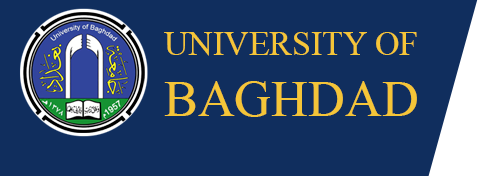Faculty of law hosts the 4th training course on international humanitarian law
Faculty of law hosted the work of the fourth training course for international humanitarian law sponsored by General Secretariat of the Council of Ministers in cooperation with the International Committee of the Red Cross and supported by National Committee for international humanitarian law which lasted for four days. Dean of the college of law, Assistant Prof. Dr. Ali Mutashr Abdul Sahib opened this course through expressing his readiness to provide all the support and possibilities for spreading the culture of international humanitarian law and legislation. Head of the International Committee of the Red Cross, Catherina Ritz praised the sustainable efforts exerted by the General Secretariat of the Council of Ministers and the National Committee for international humanitarian law to promote knowledge about international humanitarian law, despite the challenges facing Iraq, adding that the International Committee of the Red Cross is the protector of international humanitarian law by delegation of signatories to Geneva agreements which commends and supports these efforts. Explanation on the International Committee of the Red Cross was displayed, its history and mission, its current role in the world, its activities in Iraq as well as protection of the Red Cross and Red Crescent emblems. The military adviser to the National Committee for international humanitarian law, General Khalid Al-Bayati talked about the international humanitarian law, its origins, outbreak of war, the law of war and how to stop it in United Nations Charter. For her part, Iraq’s legal counsel at the International Committee of the Red Cross, Mariana Chacon shed light on the types of armed conflicts, the concept of armed conflict, the distinction between international and non-international armed conflicts, their reasons and a relative comparison between these two systems. In conclusion, the participants agreed on the need for everyone, within Governments, organizations or individuals to activate the application of the international humanitarian law and to alleviate suffering and reduce the effects of armed conflicts and wars.

